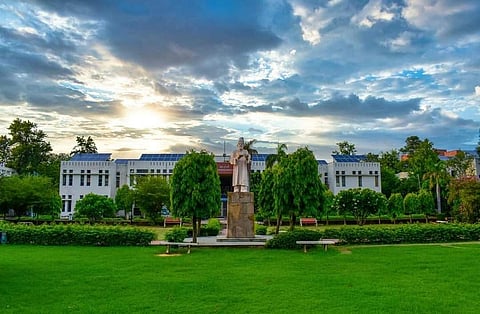Exploring Jamia Millia Islamia: History, Achievements, and Prospects

Introduction
Jamia Millia Islamia (JMI), located in New Delhi, is recognized as one of India’s premier educational institutions. Established in 1920, JMI has a rich history of contributing to the educational and socio-cultural landscape of the country. The university is known for its unique combination of secular education and cultural diversity, attracting students from various backgrounds.
Historical Background
Jamia Millia Islamia was founded in response to the Indian independence movement, aiming to provide an alternative to British educational institutions. The university’s vision included promoting freedom and education, fostering a spirit of inquiry, and encouraging the growth of democratic values. It gained the status of a Central University in 1988 and has since expanded rapidly in terms of faculty, programs, and infrastructure.
Current Achievements
Today, JMI offers a wide range of undergraduate, postgraduate, and doctoral programs across various fields including humanities, social sciences, engineering, and natural sciences. In recent years, the university has earned accolades for its academic performance, consistently ranking among the top universities in India. According to the National Institutional Ranking Framework (NIRF) 2023, JMI secured the 9th position among all universities.
The university has also made considerable investments in research, resulting in numerous publications in reputed journals and collaborations with international institutions. JMI is also noted for its diverse campus life, with vibrant student organizations and cultural activities that reflect India’s pluralistic society.
Recent Developments
In 2023, Jamia Millia Islamia has launched several initiatives aimed at enhancing the educational experience of its students. The introduction of new interdisciplinary courses and the establishment of state-of-the-art facilities highlight its commitment to modernizing education. Additionally, JMI has taken crucial steps towards improving digital infrastructure to support remote learning, which has become increasingly important in the post-pandemic world.
Conclusion
As Jamia Millia Islamia continues to evolve, it remains a significant player in Indian higher education, influencing both academic and social spheres. The university’s commitment to fostering a comprehensive educational environment will likely shape informed and engaged citizens for the future. For prospective students and educators, JMI represents an opportunity not just for academic growth, but also for personal development and social responsibility, reinforcing its role as a beacon of education in India.









